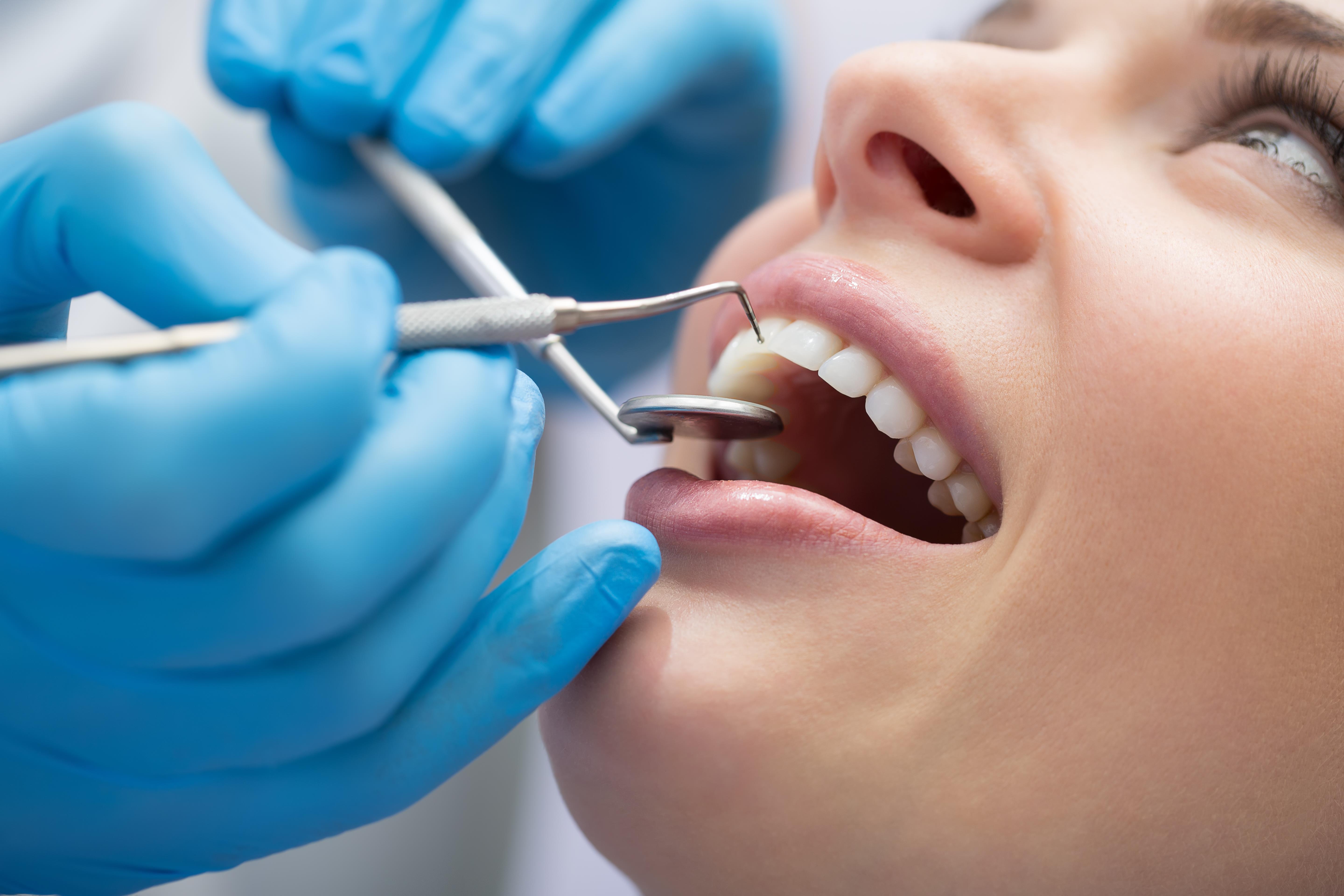Why You Should Choose a Neighborhood Dentist Eugene for Personalized Care
Why You Should Choose a Neighborhood Dentist Eugene for Personalized Care
Blog Article
A Guide to Common Oral Problems That Require a Dental practitioner's Care
Comprehending the range of oral conditions that necessitate expert treatment is paramount for preserving optimal oral health. Toothaches, for instance, can be symptomatic of severe concerns such as tooth cavities, cracked teeth, or abscesses, each calling for details treatments like fillings or origin canals. Gum tissue disease, from the onset of gingivitis to a lot more serious periodontitis, underscores the significance of normal dental examinations and cleansings. Moreover, influenced wisdom teeth and jaw problems can present significant pain and issues. Ensuring timely sees to the dental practitioner can mitigate these problems successfully, however what specifically are the signs and treatments entailed?
Toothaches
Toothaches are a typical oral condition that can range from moderate discomfort to severe pain, commonly indicating a hidden concern that requires expert interest. This pain can originate from a variety of sources, including tooth decays, broken or fractured teeth, and dental abscesses. Each of these conditions presents substantial risks if left unattended, possibly bring about a lot more extreme difficulties.
Dental dental caries, also understood as decays, are triggered by the build-up of plaque that erodes tooth enamel, leading to holes or pits in the affected teeth. Abscesses are unpleasant infections at the root of a tooth or between the gum and a tooth, typically resulting from extreme decay or unattended dental caries.
Efficient treatment of toothaches entails resolving the origin. This may consist of dental fillings for dental caries, crowns for fractured teeth, or origin canals and prescription antibiotics for abscesses. Very early treatment by an oral specialist can avoid more degeneration and ease pain, guaranteeing optimum oral wellness.
Gum Tissue Illness

The main reason for periodontal illness is microbial plaque, a sticky, colorless movie that continuously develops on teeth. Poor dental hygiene, smoking, hereditary predisposition, and particular clinical conditions, such as diabetes, can aggravate the risk of creating gum tissue disease. Routine dental examinations are essential for very early detection and administration of this condition.
Therapy for gum tissue disease varies from professional dental cleaning and scaling to more innovative procedures like origin planing and periodontal surgery, depending upon the severity. Maintaining great oral health techniques, including cleaning two times daily, flossing, and using a disinfectant mouthwash, can dramatically lower the threat of gum tissue disease and promote much healthier gum tissues.
Cavities
Dental caries, also referred to as tooth decays, are an usual oral condition defined by the damage of tooth enamel because of acid-producing bacteria in the mouth. These germs thrive on sugars and starches from food and beverages, generating acids that slowly erode the enamel, causing cavity formation.
Early-stage dental caries might not reveal symptoms, but as they proceed, they can create tooth pain, level of sensitivity to cold or warm, visible holes or pits in the teeth, and staining. If more information left unattended, dental caries can pass through much deeper layers of the tooth, possibly leading to serious discomfort, infection, and also missing teeth.
Stopping tooth cavities entails a mix of excellent dental hygiene methods and dietary practices. Normal cleaning with fluoride tooth paste, flossing, and routine dental exams are crucial. Dental professionals might likewise recommend extra safety nets, such as fluoride therapies and oral sealants, to secure teeth from decay.
Treatment for cavities relies on their extent. Small cavities can be resolved with dental fillings, which recover the tooth's structure. More advanced instances might require crowns or even root canal treatment if the decay has reached the tooth's pulp. Timely intervention by a dental professional is important to stop problems and preserve general dental health and wellness.
Impacted Knowledge Teeth
Influenced knowledge teeth are a prevalent oral issue that happens when the third molars, frequently described as knowledge teeth, stop working to completely emerge or line up effectively within the mouth. This condition often arises from insufficient area in the jaw or an irregular development angle of the teeth. Impacted wisdom teeth can result in a variety of problems, including infection, damage, and discomfort to adjacent teeth.
When wisdom teeth end up being influenced, they are often partly emerged or stay completely underneath the periodontal line. This partial eruption can create a pathway for bacteria to enter the periodontals, bring about infections that show up as swelling, pain, and even fever (eugene dentist). Additionally, influenced wisdom teeth can apply stress on neighboring teeth, potentially creating crowding or changing
A comprehensive oral assessment, commonly including X-rays, is necessary for identifying affected knowledge teeth. Treatment frequently involves surgical removal, executed by an oral cosmetic surgeon. The treatment intends to ease discomfort and stop further issues, such as cysts or damage to surrounding bone frameworks. Post-operative treatment is critical to these details make sure appropriate recovery and reduce the risk of infection. Normal oral examinations are suggested to monitor the condition and preserve oral health and wellness.
Jaw Disorders
Conclusion

Dental cavities, additionally known as caries, are triggered by the accumulation of plaque that deteriorates tooth enamel, leading to openings or pits in the influenced teeth. Abscesses are agonizing infections at the origin of a tooth or in between the gum and a tooth, typically resulting from serious decay or unattended tooth cavities.
Influenced knowledge teeth are a widespread oral issue that occurs when the 3rd molars, typically referred to as wisdom teeth, stop working to totally arise or align effectively within the mouth. Impacted wisdom teeth can lead to a selection of complications, including pain, damage, and infection to nearby teeth.
Furthermore, influenced wisdom teeth can put in stress on surrounding teeth, potentially creating crowding or changing.
Report this page